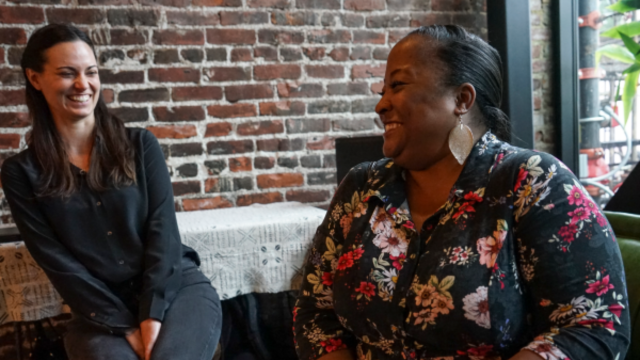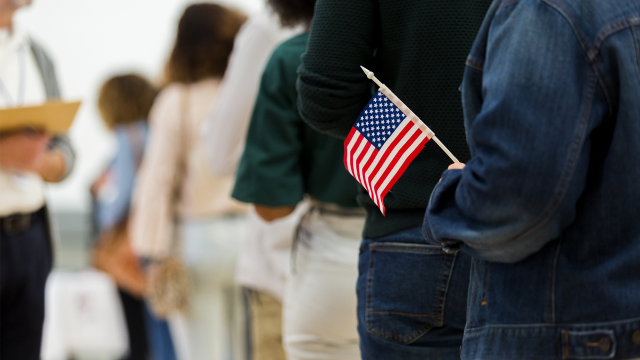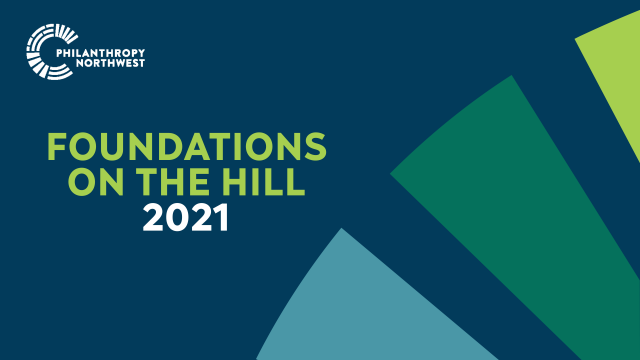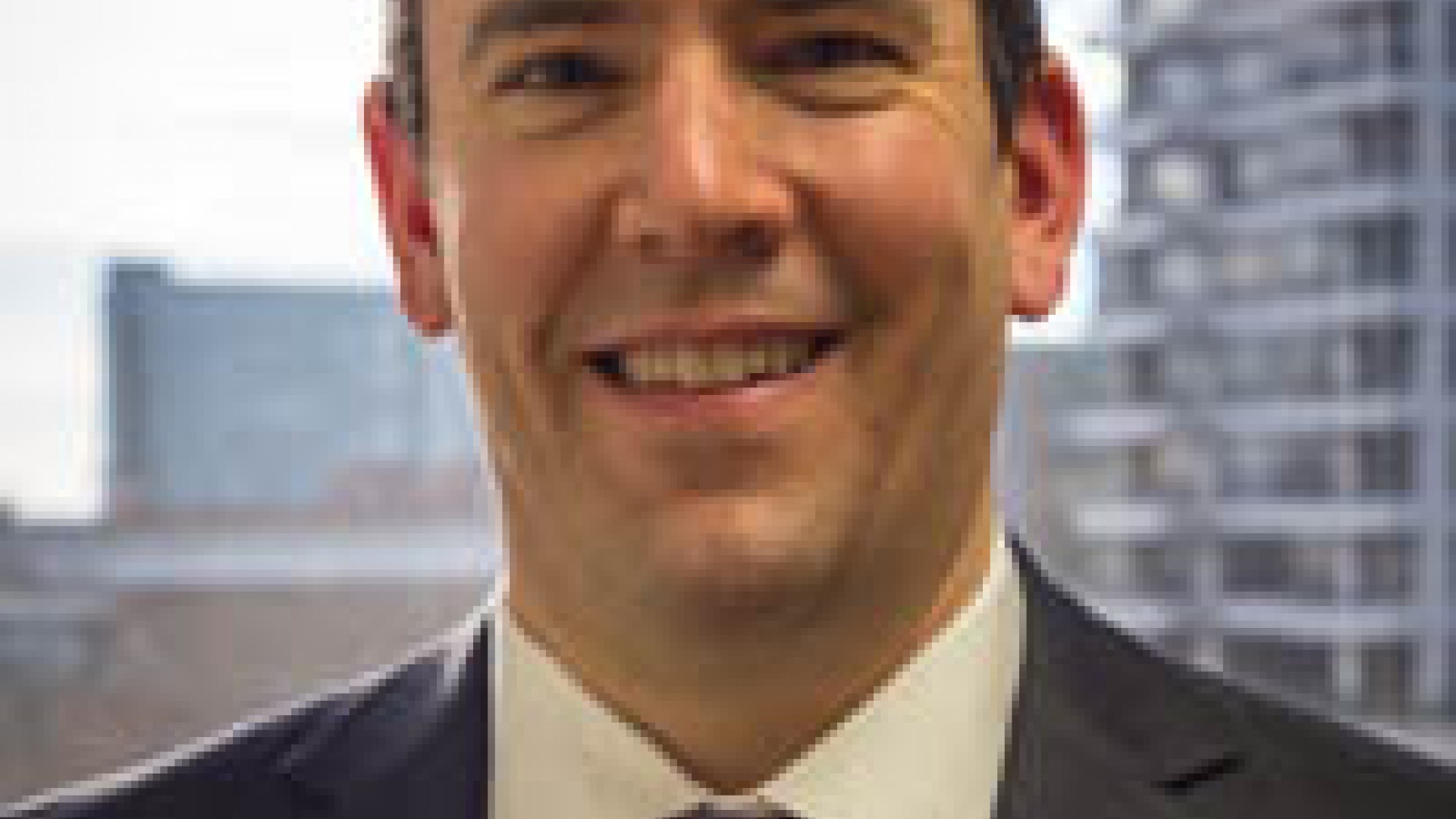
Remy Trupin, Catalyst Fellow
Election seasons are a tantalizing time, when optimists dream of inserting new ideas into the explosion of public policy discussion. This punctuated period gives us an enhanced opportunity to educate our networks and promote civic engagement.
Philanthropy has plenty of animated dreamers — but many are not fully aware that with proper counsel and support, we can be powerful participants in an election year, too.
The growing polarization and ugliness of politics, combined with a high degree of anxiety about IRS restrictions and legal limitations, has dissuaded too many funders from important activities to help shape the public debate. Most board members, executive directors and program officers remain overly cautious about the power of using advocacy, but we've also observed growing interest in the Stand for Your Mission campaign and other efforts to raise our sector's voice in the democratic process.
Eager to learn more and share their experiences, Ballmer Group Philanthropy, Campion Foundation, Raikes Foundation and other Philanthropy Northwest members recently participated in our Advocacy in an Election Year workshop led by Isaiah Castilla, counsel for Bolder Advocacy at the Alliance for Justice (AFJ), an organization that promotes active engagement in democratic processes and institutions by giving nonprofits and foundations the confidence to advocate effectively and by protecting their right to do so.
Engaging Process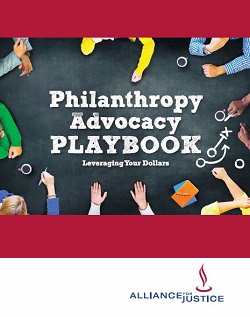
Can foundations fund lobbying activities by grantees? When and how can your foundation speak out on a particular issue? How are the rules different for public and private foundations? Is it OK to provide candidates with talking points? What about funding voter guides and voter registration drives?
Isaiah's presentation walked us through the answers to these and other questions, guided by AFJ's Philanthropy Advocacy Playbook, then our discussion shifted to federal tax laws and specific activities in which foundations and nonprofits may be involved, ranging from nonpartisan issue advocacy to candidate debates. Isaiah deftly provided feedback on scenarios that participants presented, such as the all-too-common call for help from lawmakers to help shepherd a bill through the legislature. Noting that our region has a particular preference for direct democracy, he also gave examples of how foundations and nonprofits can be involved in ballot measures.
After the workshop, we met separately with some of the foundations to provide additional guidance on specific questions and scenarios.
Moving Forward
From my experience, policymakers are eager to have the philanthropic sector involved in sausage-making of policy development, regardless of the boundaries. But rather than avoid all opportunities to engage in advocacy, foundations can navigate this area with help from organizations like Philanthropy Northwest and Bolder Advocacy at AFJ.
Bolder Advocacy offers free, one-on-one technical assistance over the phone and email. From my own experience, their coaches are highly responsive.
At Philanthropy Northwest, we are committed to convening conversations with funders, policymakers and community leaders. Join us for these upcoming programs related to advocacy and public policy:
- Washington Update LIVE: What's Happening in D.C., March 10, Webinar
- Our Roles in State Budget Debates, March 15, Seattle
- Foundations on the Hill, April 12-13, Washington, D.C.
Remy Trupin is one of Philanthropy Northwest's Catalyst Fellows, focused on advocacy.
